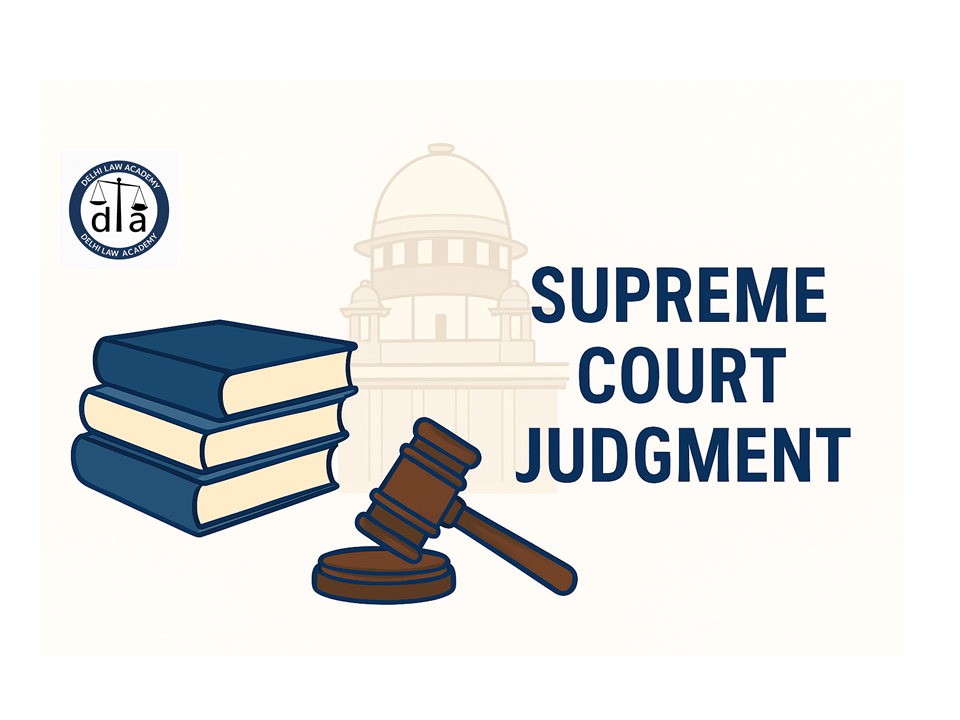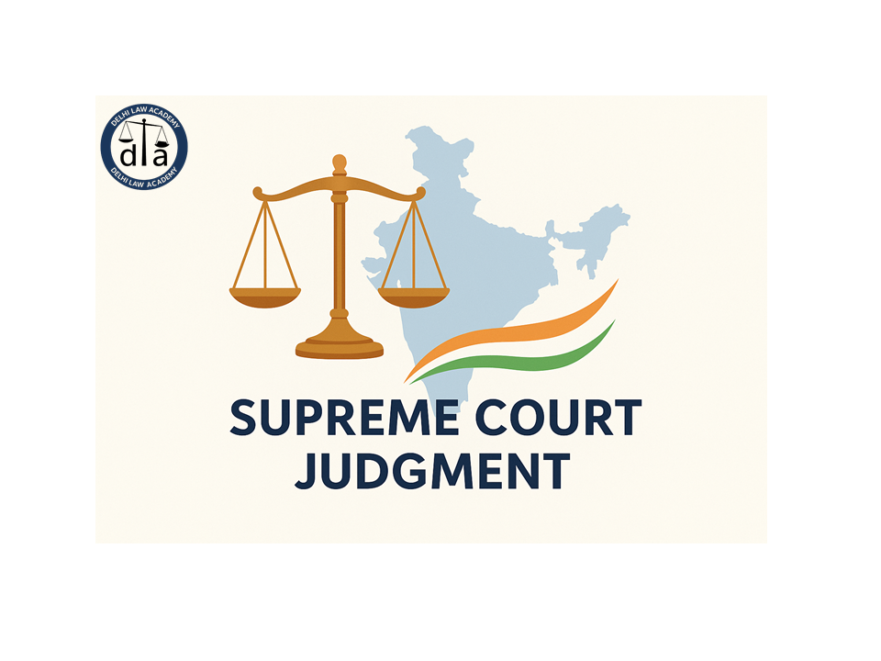
⚖️ Bombay High Court on Injunction Breach
Keshrimal Jivji Shah v. Bank of Maharashtra | Writ Petition No. 405 of 2004 | April 22, 2004
📜 Judgement
In the case of Satyabrata Biswas and others Vs. Kalyan Kumar Kisku and others, the Supreme Court has observed:
⚖️ Equally, the contention that even a trespasser cannot be evicted without recourse to law is without merit, because the state of affairs in relation to property as on 15-9-1988 is what the Court is concerned with. Such an order cannot be circumvented by parties with impunity and expect the Court to confer its blessings. It does not matter that to the contempt proceedings Somani Builders was not a party. It cannot gain an advantage in derogation of the rights of the parties, who were litigating originally. If the right of sub-tenancy is recognised, how is status quo as of 15-9-1988 maintained? Hence, the grant of sub-lease contrary to the order of status quo is clearly illegal. All actions including the grant of sub-lease are clearly illegal.
📌 In our view, therefore, if the facts in the present case are appreciated in the light of the decisions of the Supreme Court (supra), it is clear that during the pendency of the order of injunction issued by this Court on 6th March 1998, respondent No. 2 has created sub-lease in favour of petitioners herein. In the light of the decision of the Supreme Court, the transfer was clearly illegal if not void.
📝 It is time that we recognise the principle that transfer of immovable property in violation of an order of injunction or prohibition issued by Court of law, confers no right, title or interest in the transferee, as it is no transfer at all. The transferee cannot be allowed to reap advantage or benefit from such transfer merely because he is not party to the proceedings in which order of injunction or other prohibitory direction or restraint came to be issued. It is enough that the transferor is a party and the order was in force. These two conditions being satisfied, the transfer must not be upheld. If this course is not adopted then the tendency to flout orders of Courts which is increasing day by day can never be curbed. The Court exercises its powers on the foundation of respect and regard for its authority by litigating public.
⚖️ Mr. Naphade’s submissions overlook the effect of an order of injunction. An order issuing interlocutory injunction is issued with a view to preserve and protect status quo during the pendency of the suit or litigation. The true effect of such an order is, therefore, preservation of status quo prevailing as on the date of issuance of the order. Any alteration in the status quo as prevailing and directed to be maintained by the Court of law is not permissible except with leave or sanction of Court. It is well settled that if Courts are not to honour and implement their own orders and encourage party litigants, be they public authorities, to invent methods of their own to short circuit and give a go by to the obligations and liabilities incurred by them under orders of Courts, the rule of law will become casualty in the process – a consequence to be jealously averred by all and at any rate by the highest Courts in the State.
🔹 The Courts below have observed that there is no substance in the contention of petitioners that they had no knowledge of injunction. The Courts below have observed that petitioners cannot be allowed to go scot free by trying to plead a case that they were bona fide purchasers for value without notice. According to Courts below, petitioners have not taken any steps to verify whether the title of transferor was clear and valid. They have not pleaded anywhere as to what steps were taken by them, as a prudent transferee to ascertain facts about pendency of proceedings or encumbrance on the said property. A prohibitory order has the effect of placing restriction on powers of disposition and respondent No. 2 could not have legally created a sub-lease in favour of petitioners. Therefore, it is clear that the transfer had no legal effect. In the light of the aforesaid discussion, answer to question No. 1 is that transfer is illegal and cannot be recognised. Consequently, transferee gets no valid title nor does he acquire any right or interest in the immovable property.
🚫 The Court cannot allow a party to get away with violation of its prohibitory orders and uphold the transactions contrary to and in violation of its directions on the spacious plea that only way in which the Court can regulate such acts is to visit the guilty party with penalties. It is time that Courts reach the transaction itself and put an end to purported rights created thereby. Failing which, it will become possible for parties to retain fruits or benefits of such acts by suffering penalties. It is well settled that no person can take advantage of his own wrong.
📚 Further Reading for Law Aspirants
Explore more useful resources from Delhi Law Academy to strengthen your preparation:
❓ Frequently Asked Questions: Bombay HC Injunction Breach
Contact us
📍 Delhi Law Academy – Jaipur Branch
6C, Tower 2, Coaching Hub, Pratap Nagar, Jaipur – 302033
📞 Phone:
+91 9911916552
+91 8447285606
✉️ Email:
contactus@delhilawacademy.com

